U okviru projekta AgriCOM naše kolege u Subotici su imale priliku da se upoznaju sa procesom proizvodnje iz kompanija Telek Paprika iz Martonoša, Tisamed iz Kanjiže, Kontakt iz Adorjana.

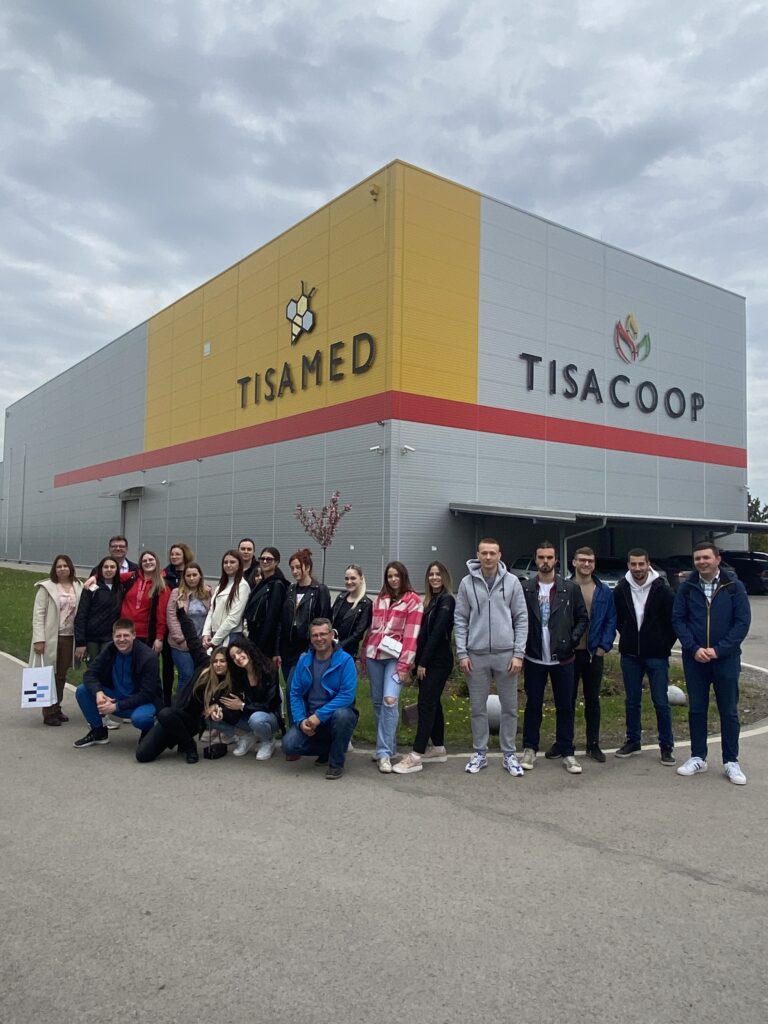
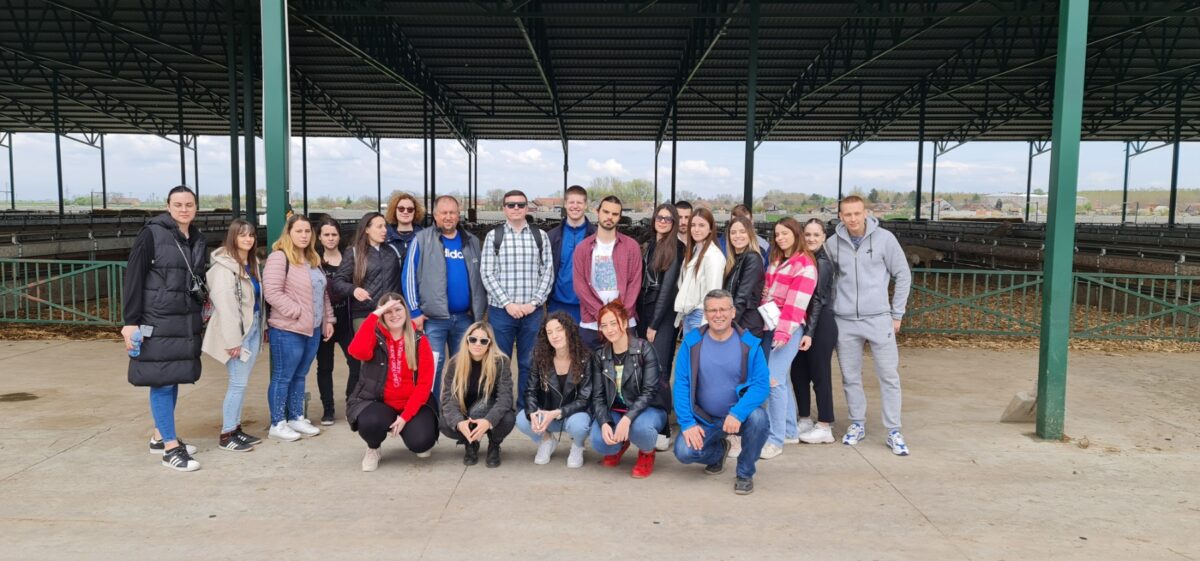
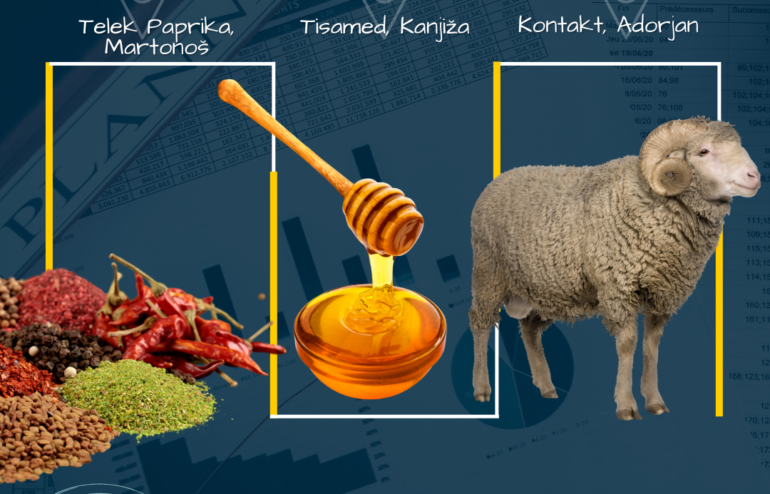
U okviru projekta AgriCOM naše kolege u Subotici su imale priliku da se upoznaju sa procesom proizvodnje iz kompanija Telek Paprika iz Martonoša, Tisamed iz Kanjiže, Kontakt iz Adorjana.




U okviru AgriCOM projekta Miloš Tintor, direktor sektora maloprodaje kompanije Merkator i Branislav Ćirić, suvlasnik craft pivere Zbir, održali su stručna predavanja studentima.



U okviru projekta AgriCOM naše kolege u Novom Sadu su imale priliku da se upoznaju sa proizvodnjom čokolade kroz obilazak fabrike čokolade u Novom Sadu – Barry Callebaut.
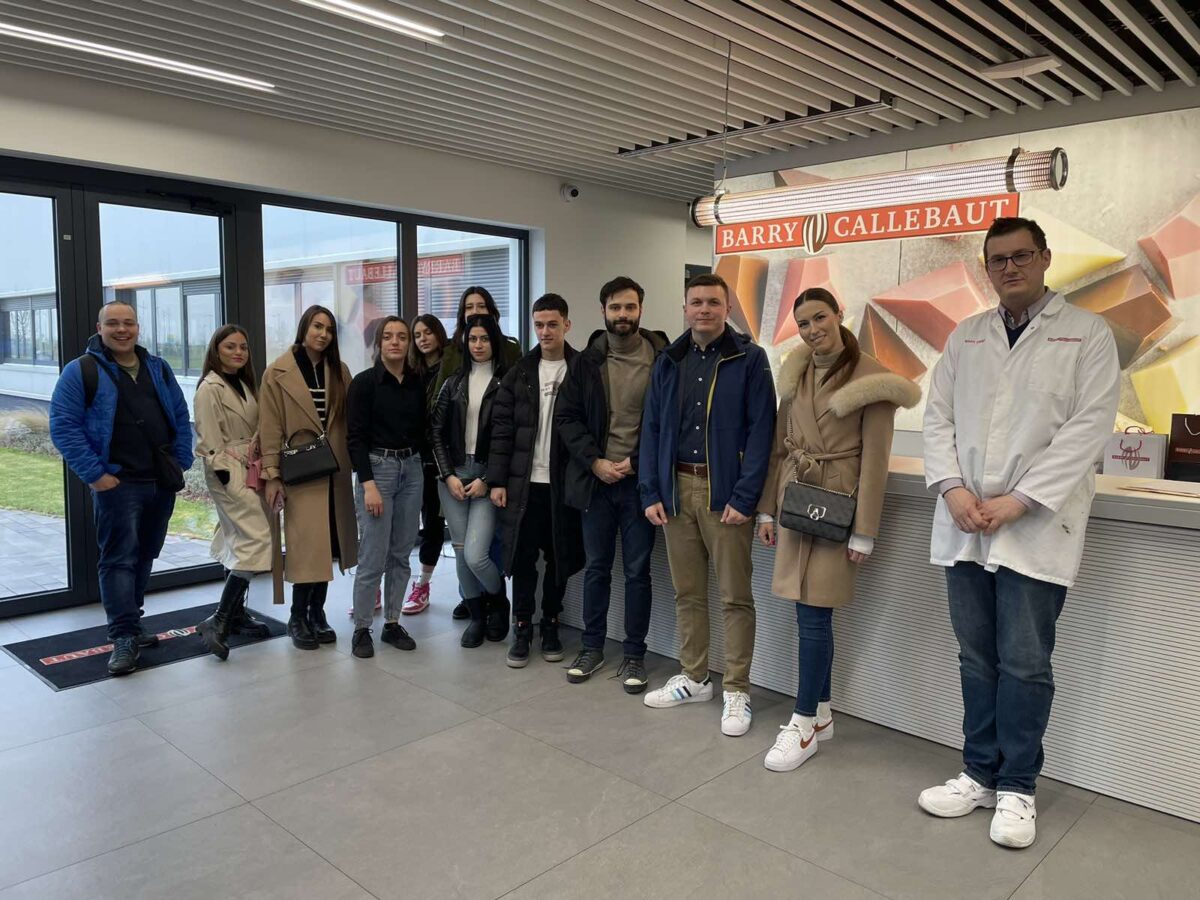

U toku aprila i maja meseca 2023. godine u okviru ERASMUS+ Jean Monnet projekta AgriCOM organizujemo takmičenje u rešavanju studije slučaja AGRICOM CHALLENGE! Učesnici će biti podelјeni u grupe, a studija slučaja će biti formulisana kao realna problemska situacija kompanije GOMBIT, odnosno izazov će biti u vezi sa proizvodom TOMICA.
Pored toga, organizovaćemo seriju radionica koje će vam biti od pomoći prilikom rešavanja same studije slučaja, a čiji je osnovni fokus unapređenje konkurentnosti na tržištu hrane.
Takmičenje je namenjeno studentima III i IV godine osnovnih studija, kao i studentima master studija.
Jedan tim može brojati od 3 do 5 članova.
Prijave su otvorene do 14. aprila.
Broj mesta je ograničen!
Prijave na linku: https://forms.gle/Pnb7mcTjFUjAZGYf7
AGENDA:
| 17-21.04.2023. | Predstavlјanje studije Radionica – Business Canvas Model |
| 24-28.04.2023. | Radionica – Canva/Grafička rešenja |
| 08-12.05.2023. | Radionica – Primena marketinga u praksi |
| 23.05.2023. | Rok za predaju |
| 29.05.-02.06.2023. | Prezentacija rešenja i proglašenje pobednika od strane stručnog žirija |
Za sve učesnike takmičenja i radionica biće obezbeđen sertifikat.
Iskoristite ovu sjajnu priliku da usvojena teorijska znanja primenite u rešavanju konkretne studije slučaja.
Sva pitanja možete postaviti na e-mail agricom.project@ef.uns.ac.rs ili na Instagram profilu agro_efsu!

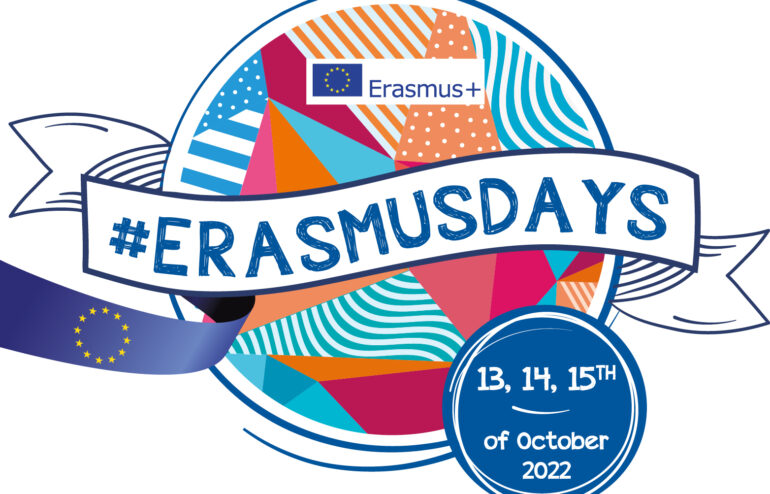
U okviru #Erasmusdays AgriCOM CHALLENGE je prezentovan na Ekonomskom fakultetu, Univerzitet u Novom Sadu.

U okviru #Erasmusdays AgriCOM CHALLENGE će biti prezentovan na Ekonomskom fakultetu, Univerzitet u Novom Sadu.

Predmet Agrarna politika Evropske unije realizovan je na trećoj godini osnovnih studija kao izborni predmet na Ekonomskom fakultetu Univerziteta u Novom Sadu. Kako je osnovni cilj projekta širenje znanja o EU i njenim politikama, sa akcentom na poljoprivrednu i ruralnu politiku EU, navedeni cilj se ostvaruje kroz inovaciju nastavnih planova i programa u postojećem predmetu APEU.
Predmet je realizovan u školskoj 2021/2022. godini, u toku letnjeg semestra. Tokom kursa studenti su mogli da preuzmu sve materijale (knjige, prezentacije, studije slučaja) preko Moodle platforme. Ukupan broj polaznika kursa bio je 59.

U okviru AgriCOM projekta realizovana je stručna poseta i predavanje u pivari 3BIR, gde su studenti imali priliku da se upoznaju sa proizvodnjom kraft piva u Srbiji.


U okviru AgriCOM projekta, ekspert iz privrede Aleksa Krčmar, finansijski analitičar poljoprivredne proizvodnje u „Čenej agrar“ kompaniji, održao je predavanje na temu „Ekonomska analiza investicija u poljoprivrednu mehanizaciju“.


Studenti iz Subotice su, u okviru stručne posete pri projektu AgriCOM, posetili poljoprivredno gazdinstvo „Mačković“, galeriju slika od slame, kao i etno salaš „Balažević“.